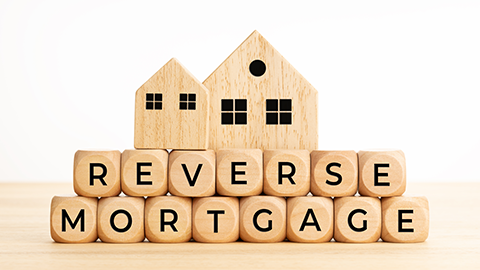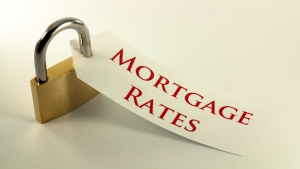
For many people, homeownership is a significant way to accumulate long-term wealth. As they pay down their mortgages, homeowners build equity in their homes and eventually a majority of them own their homes outright. For many older homeowners, mortgage payments absorb a significant percentage of their income, preventing them from saving enough to fund a decent retirement. In addition, some senior homeowners may require more funds to cover house repairs, medical expenditures or other urgent needs. For these homeowners, a reverse mortgage can be an appealing financial tool that allows them to convert some of the equity in their property into cash without having to sell it.
So, why should a homeowner understand reverse mortgages? When considering taking out a reverse mortgage, the homeowner must understand that the home’s equity is used as security. This loan type allows homeowners 62 years and older access the equity in their homes in one of three ways:
- By a reverse annuity mortgage or periodic payments from the lender.
- By taking out a “reverse equity mortgage,” which offers a sizable single payment.
- By creating a line of credit that can be pulled upon as needed.
An important notation for the homeowner of 62 years old or older with a paid-off or low-balance mortgage that takes out a reverse mortgage, you do not have to make any payments on the loan as long as you live in the house. This is what makes them different from “forward” mortgages. The homeowner repays the reverse mortgage when the house is sold or the homeowner dies.
The benefits of reverse mortgages are accompanied by significant risks, especially when the reverse mortgage is in place for an extended period. To benefit from a reverse mortgage, you must also be willing to bear the associated expenses. These loans may have greater origination, closing charges and annual insurance premiums. A reverse mortgage could also impact how your family will inherit the property.
While such a loan can lower your home equity over time, you could still come out ahead if home prices improve. Before opting to apply for a reverse mortgage, you should consult with an approved reverse mortgage counselor to see which type of reverse mortgage is right for you.
You can contact one of our Mortgage Representatives today to assist you in meeting your homeownership goals!
Opinions expressed above are the personal opinions of the author and meant for generic illustration purposes only. With approved credit. For specific questions regarding your personal lending needs, please call RCB Bank at 855-BANK-RCB. Some restrictions apply. RCB Bank is an Equal Housing Lender NMLS #798151 and Member FDIC.
Sources:
Knaack, P., Miller, M., & Stewart, F. (2020). Reverse mortgages, financial inclusion, and economic development: potential benefits and risks. World Bank Policy Research Working Paper, (9134). https://papers.ssrn.com/sol3/papers.cfm?abstract_id=3528858
Loibl, C. Reverse Mortgage Borrowing and Financial Well-Being of Older Adults. files.consumerfinance.gov. consumerfinance.gov
Lee, Y. T. & Shi, T. (2022). Valuation of reverse mortgages with surrender: A utility approach. The Journal of Real Estate Finance and Economics. https://link.springer.com/article/10.1007/s11146-021-09869-7



